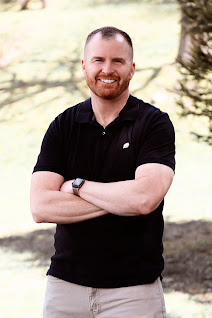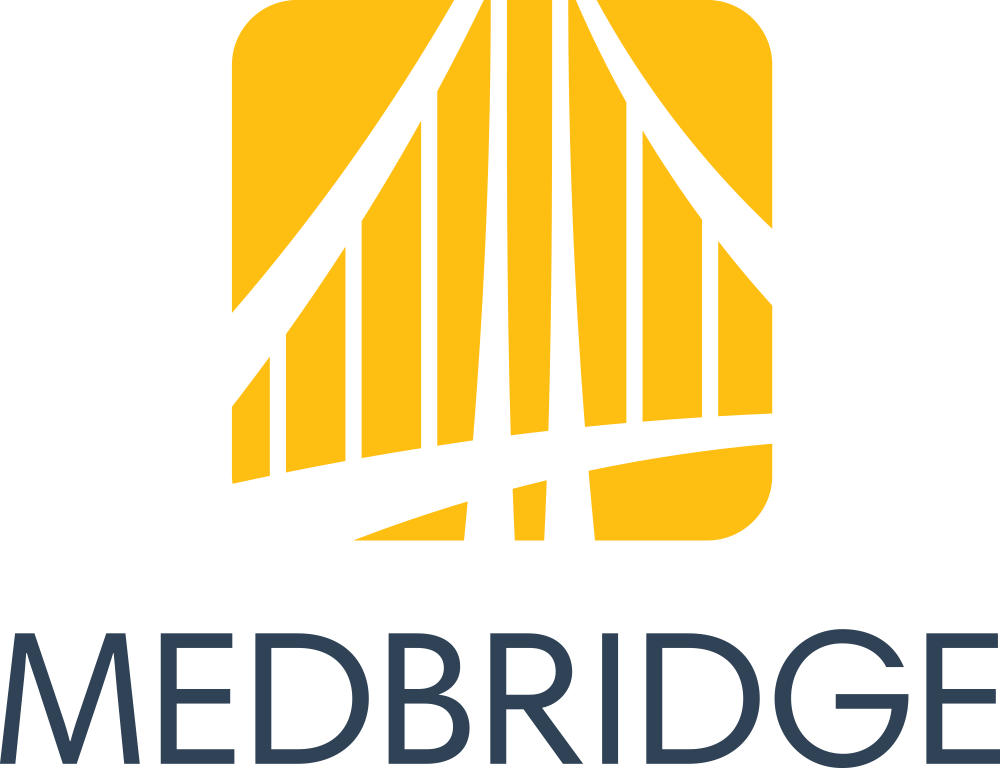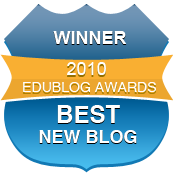I said awhile back that I would provide updates on ASHA Convention this year, and I never got to it! Well, I never got to it here. ASHA is always a great experience, and I was thrilled this year to have three presentation slots (my 10th year in a row presenting)! All went very well, and I certainly enjoyed the break from the weather in Boston.
Just to share with you a few resources and ideas...
My favorite new speaker (to me) that I saw was Cathy Alexander, who presented scads of fun, practical, contextual ideas for working on morphology and, for older students, morpholological awareness and vocabulary. You should check out her website and some of her resource offerings here.
I summarized two sessions I was involved with over on the Mindwing Concepts blog. You can see a discussion of integrating EBPs into telepractice (also useful for in-person therapists) here, and some info on my Pairing Picture Books with Apps update themed around "showing them the world" (semantics/social studies) here.
Though it started at 7:30 AM, I was very happy to have a good crowd for my 2-hour session Not Just For Mickey Mouse: Applying Animation Tools in Language and Social Interventions. You can get the gist of this one by giving my slides a skim at this link (with many research references for you).
Considering your professional development schedule? Check out Sean's offerings for training sessions.
Friday, January 24, 2020
Thursday, January 16, 2020
Making Posters (and Puzzles)
Did you know you can take any PDF you have and print it poster-size? And in associated news, anything you make in say, Google Slides, Keynote or PowerPoint can be saved as a PDF, so therefore you can design your own posters about language topics and strategies.
One way I used this recently was to do a post-book activity related to Social Thinking®'s We Thinkers Vol 2 book Size of the Problem. The We Thinkers curriculum volumes target 10 core concepts to think about social interaction in fun and engaging ways that in my experience all students can benefit from. In this book, the characters Evan, Ellie, Jessie and Molly host a birthday party and invite their dinosaur friends. The dinosaurs of small, medium, and big size cause problems corresponding to their size. The book describes how to think about problems according to factors such as how much time they take to solve and if you need help.
The poster creation activity was a natural followup. Using the PDFs that come with the We Thinkers Manual, I printed out the scale in poster size, along with pictures of the problems from the book. These served as attention-keeping manipulatives (in a crinkle-free class) handed out to the kids and then we "assembled the poster." Providing a class with a large visual support gives them ownership of the concept/strategy and reminds their teacher and them to use it!
To turn any PDF into a poster, you'll first want to open it in the free Adobe Reader software on a laptop or desktop. You can follow these directions or the screenshot below to print as a poster. Note that changing the percentage/size will give you a bigger poster or more "pieces." Once it prints, you will have to trim some white to make it all fit together.
Hope you like this strategy!
Considering your professional development schedule? Check out Sean's offerings for training sessions.
One way I used this recently was to do a post-book activity related to Social Thinking®'s We Thinkers Vol 2 book Size of the Problem. The We Thinkers curriculum volumes target 10 core concepts to think about social interaction in fun and engaging ways that in my experience all students can benefit from. In this book, the characters Evan, Ellie, Jessie and Molly host a birthday party and invite their dinosaur friends. The dinosaurs of small, medium, and big size cause problems corresponding to their size. The book describes how to think about problems according to factors such as how much time they take to solve and if you need help.
The poster creation activity was a natural followup. Using the PDFs that come with the We Thinkers Manual, I printed out the scale in poster size, along with pictures of the problems from the book. These served as attention-keeping manipulatives (in a crinkle-free class) handed out to the kids and then we "assembled the poster." Providing a class with a large visual support gives them ownership of the concept/strategy and reminds their teacher and them to use it!
To turn any PDF into a poster, you'll first want to open it in the free Adobe Reader software on a laptop or desktop. You can follow these directions or the screenshot below to print as a poster. Note that changing the percentage/size will give you a bigger poster or more "pieces." Once it prints, you will have to trim some white to make it all fit together.
Hope you like this strategy!
Considering your professional development schedule? Check out Sean's offerings for training sessions.
Thursday, January 2, 2020
A good app to take self-data
Streaks is an award-winning app (Apple Design Awards) that allows you to keep track of up to 12 good habits/intentions and simply mark on the calendar when you have completed the task (e.g. read for 15 min). The app is designed for the "don't break the chain" concept, but you can indicate how often you intend the habit to be completed so that you still construct a streak.
This type of app would be helpful for us as clinicians who need to practice self-care routines in the New Year (decade). It also would be a tool for use with older clients who may need to practice speech exercises or positive social/language activities.
The same principles could be enacted using Google Calendar as a (free) data-taking tool; the benefits here would include the ability to add more text/data for tracking.
Happy New Year!
Considering your professional development schedule? Check out Sean's offerings for training sessions.
This type of app would be helpful for us as clinicians who need to practice self-care routines in the New Year (decade). It also would be a tool for use with older clients who may need to practice speech exercises or positive social/language activities.
The same principles could be enacted using Google Calendar as a (free) data-taking tool; the benefits here would include the ability to add more text/data for tracking.
Happy New Year!
Considering your professional development schedule? Check out Sean's offerings for training sessions.
Subscribe to:
Posts (Atom)








